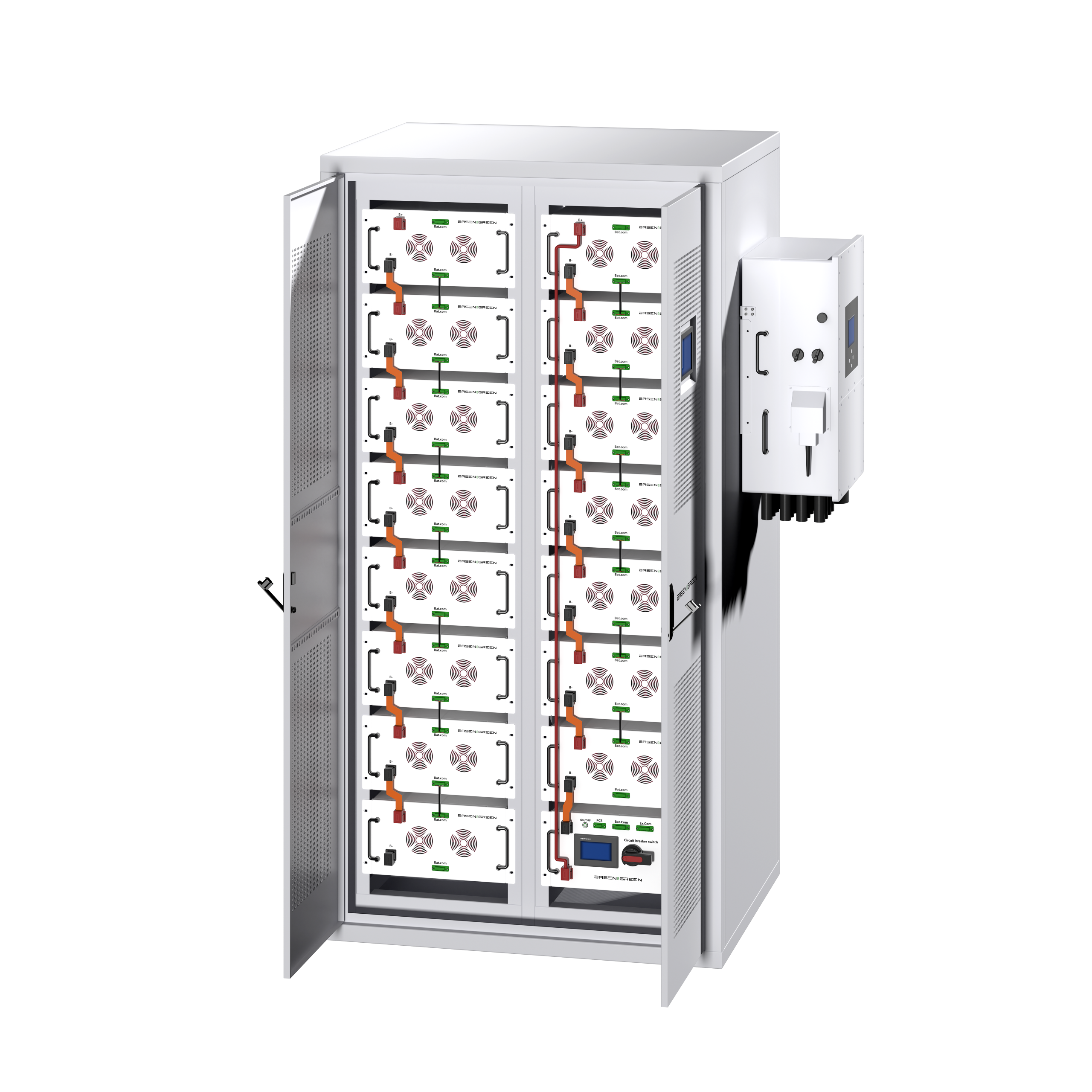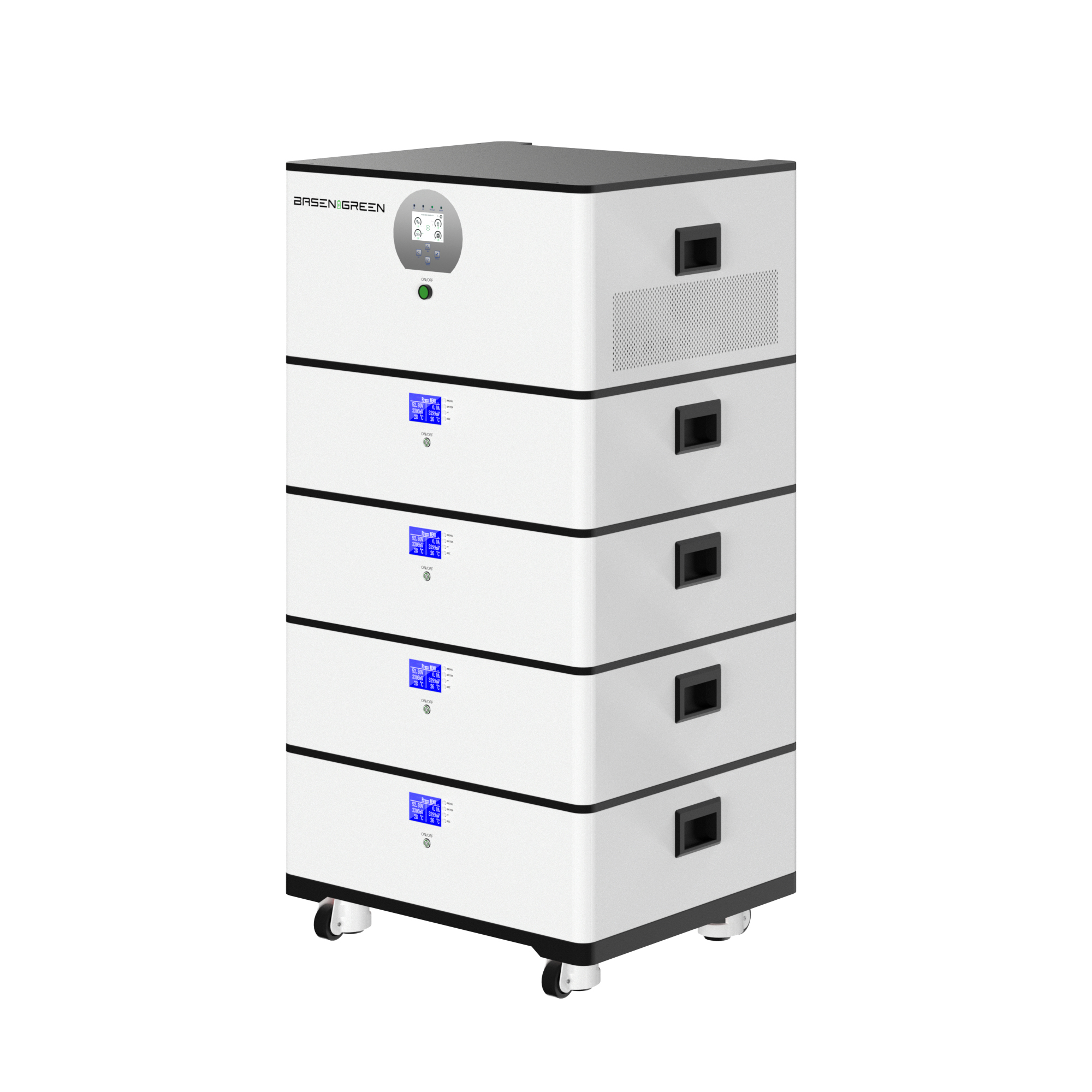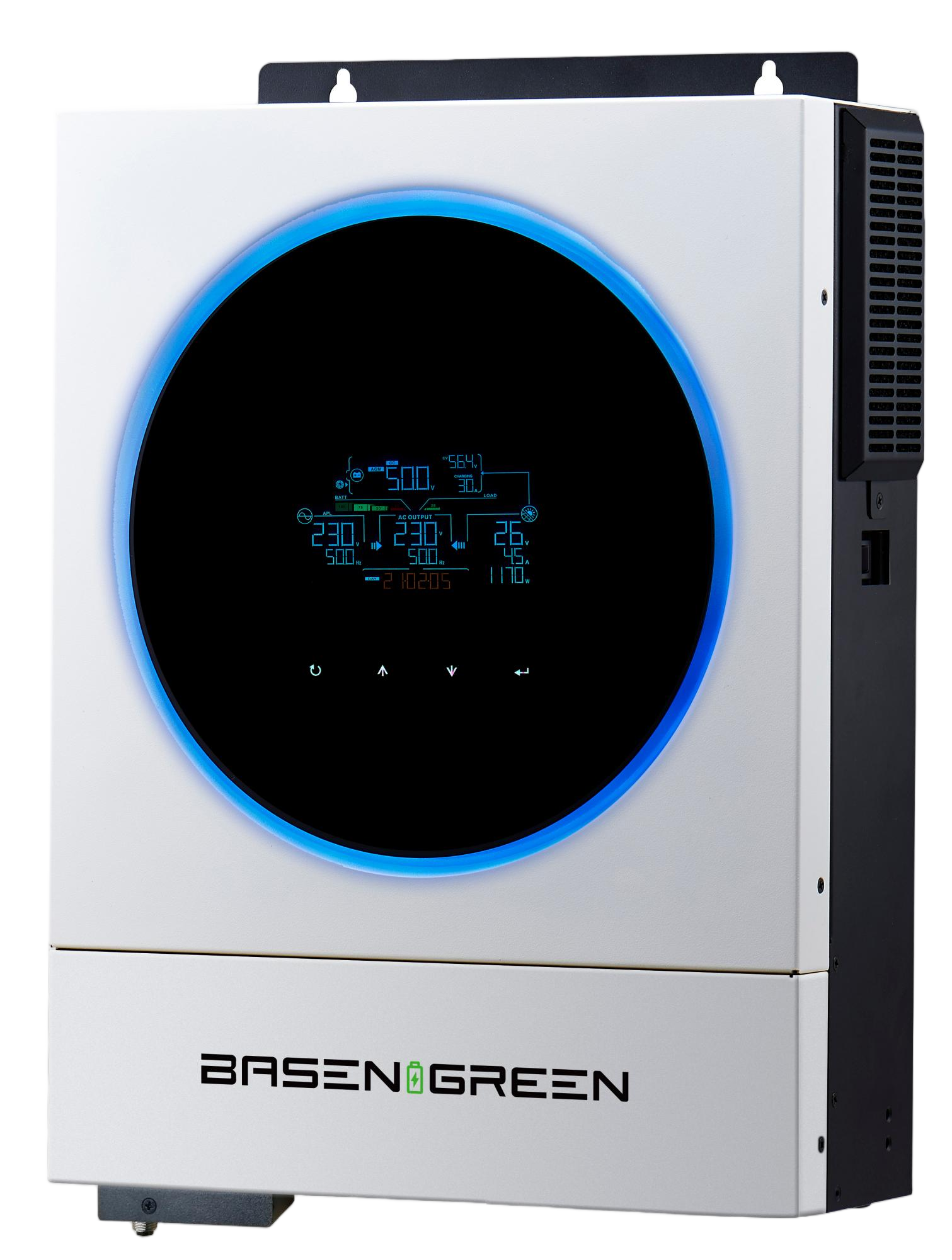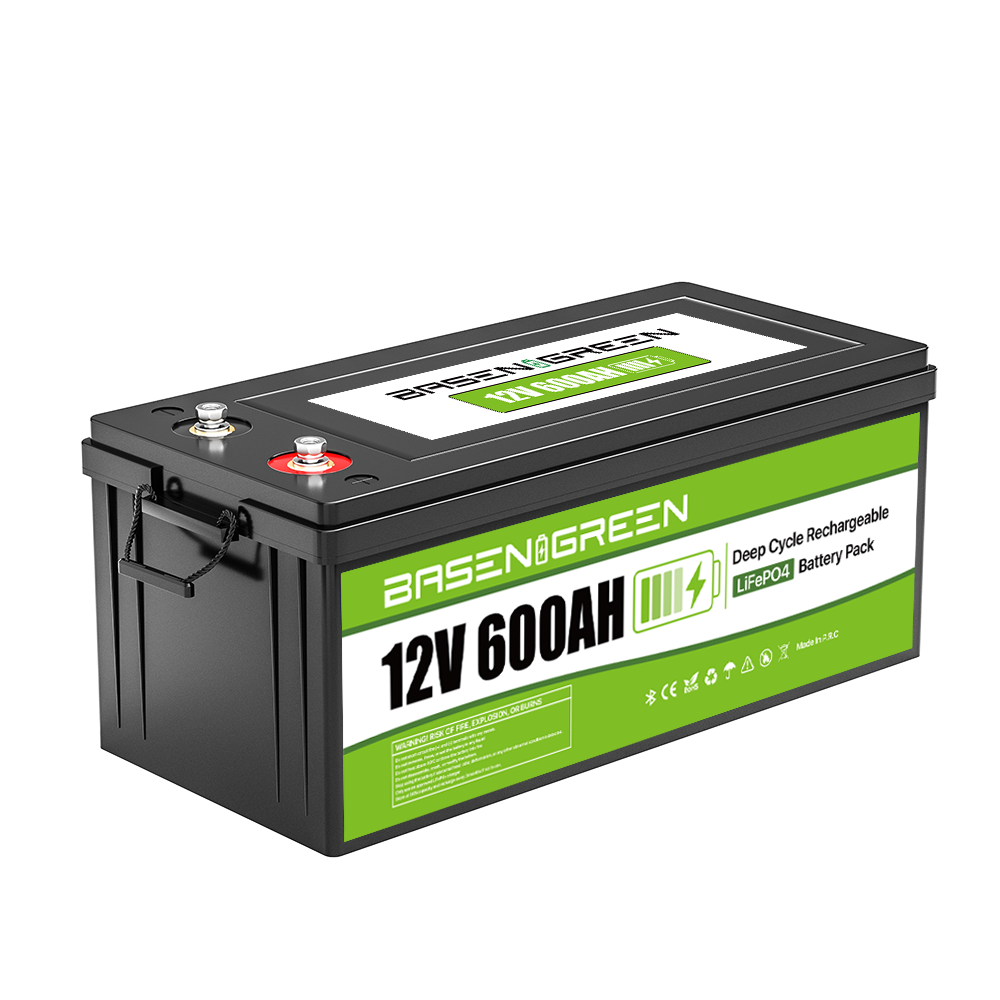Feasibility Study: SunGrow Inverters with Hydrogen Storage
Introduction
The integration of renewable energy sources into the energy grid is a global priority, driven by the need to reduce carbon emissions and dependency on fossil fuels. Solar energy, in particular, is a promising renewable resource, but its conversion and storage pose significant technical challenges. Inverters play a crucial role in transforming solar energy into usable electricity, and the use of hydrogen storage offers a promising solution for energy management and grid stability. This article explores the feasibility study of SunGrow inverters in conjunction with hydrogen storage technology, highlighting its potential and applications.
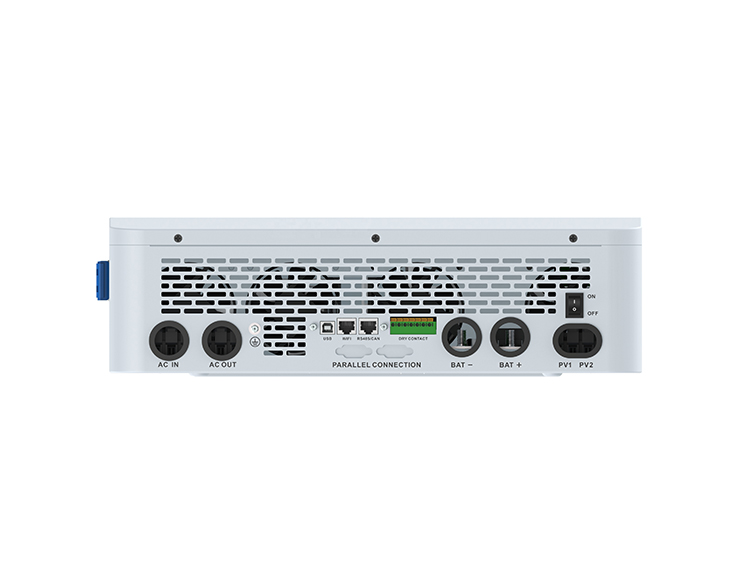
Understanding Inverters and Hydrogen Storage
An inverter is an essential component in solar energy systems, converting direct current (DC) from solar panels into alternating current (AC) that can be used to power homes, businesses, and other facilities. Modern inverters are designed to optimize efficiency, reliability, and integration with the electrical grid. SunGrow, a leading manufacturer of solar inverters, has developed inverters that cater to various energy management needs, including those involving hydrogen storage.
Hydrogen storage, on the other, refers to the process of capturing and storing hydrogen gas to use it as a fuel source or energy carrier. Hydrogen has the potential to be a clean and efficient energy carrier, but its storage remains a critical technical challenge. Like inverters, hydrogen storage systems must be efficient, reliable, and scalable to meet the demands of energy grids and industrial applications.
The Feasibility of SunGrow Inverters with Hydrogen Storage
A feasibility study assesses the technical, economic, and practical aspects of a project or technology. In the context of SunGrow inverters and hydrogen storage, the feasibility study evaluates the viability of integrating hydrogen storage systems with solar inverters to enhance energy efficiency, reduce costs, and improve grid stability.
Technical Integration
The integration of solar inverters with hydrogen storage systems involves several technical considerations. First, the inverters must be compatible with hydrogen storage systems, both in terms of voltage, current, and power output. SunGrow inverters are designed to handle a wide range of power outputs, making them suitable for various hydrogen storage applications.
Second, the efficiency of the hydrogen storage system depends on the inverters’ ability to provide stable DC power. SunGrow inverters are known for their high efficiency and stability, which is crucial for maintaining the performance of hydrogen storage systems. The inverters’ ability to handle fluctuations in solar power output, such as those caused by changes in weather conditions, is also a key factor in their compatibility with hydrogen storage systems.
Energy Efficiency and Grid Stability
The integration of solar inverters with hydrogen storage systems offers several benefits for energy efficiency and grid stability. By storing excess solar energy as hydrogen, the system can provide a reliable energy supply during periods of low sunlight or high demand. This helps to balance the grid and reduce the need for fossil fuel-based energy sources.
Additionally, hydrogen storage systems can act as a buffer for solar energy, smoothing out the intermittent nature of solar power. When combined with SunGrow inverters, the system can achieve higher energy efficiency and better grid stability, which is essential for the reliable operation of modern energy grids.
Economic Viability
The economic viability of integrating SunGrow inverters with hydrogen storage systems depends on the costs of the inverters, hydrogen storage technology, and the overall system. SunGrow inverters are known for their high efficiency and reliability, which can reduce the overall cost of the system. The cost of hydrogen storage technology is also a critical factor, as it directly impacts the economics of the system.
However, the long-term costs of hydrogen storage systems, including maintenance and decommissioning, must also be considered. Despite these challenges, the potential economic benefits of integrating Sun, inverters with hydrogen storage systems are significant, particularly in regions with high solar energy potential.
Applications and Case Studies
The integration of solar inverters with hydrogen storage systems has a wide range of applications, from residential and commercial energy systems to industrial processes and energy storage for grid stabilization. SunGrow has conducted several feasibility studies in collaboration with hydrogen storage technology providers, demonstrating the potential of their inverters in various applications.
For example, SunGrow inverters have been used in solar energy centers and data centers, where the integration with hydrogen storage systems has improved energy efficiency and reduced operational costs. These case studies highlight the practical benefits of the technology and its potential for scaling up in different industries.
Challenges and Solutions
Despite the potential of integrating SunGrow inverters with hydrogen storage systems, several challenges must be addressed to ensure the technology’s feasibility and widespread adoption. These include technical challenges such as the compatibility of inverters and storage systems, economic challenges related to the cost of hydrogen storage technology, and regulatory and safety challenges.
To address these challenges, SunGrow and hydrogen storage technology providers are collaborating to develop innovative solutions. For example, advanced hydrogen storage systems with improved efficiency and durability are being developed to enhance the compatibility with SunGrow inverters. Additionally, regulatory frameworks and safety standards are being established to ensure the safe and efficient operation of the technology.
Future Outlook
The integration of solar inverters with hydrogen storage systems represents a promising direction for the future of energy technology. As solar energy continues to grow and hydrogen storage technology advances, the potential for collaboration between these two technologies is becoming increasingly evident.
SunGrow and other manufacturers are at the forefront of this technological innovation, working with hydrogen storage providers to develop and deploy systems that optimize energy efficiency, reduce costs, and improve grid stability. The future of energy storage and solar technology looks bright, with the integration of inverters and hydrogen storage systems at the heart of this transformation.
The feasibility study of SunGrow inverters with hydrogen storage systems highlights the potential of integrating these technologies to enhance energy efficiency, reduce costs, and improve grid stability. By leveraging the strengths of both solar inverters and hydrogen storage systems, the technology offers a promising solution to the challenges of energy storage and management.
As the solar energy industry continues to evolve, the integration of inverters with hydrogen storage systems will play a critical role in achieving a sustainable and reliable energy future. With ongoing research, innovation, and collaboration, SunGrow and other manufacturers will continue to lead the way in this transformative field.


